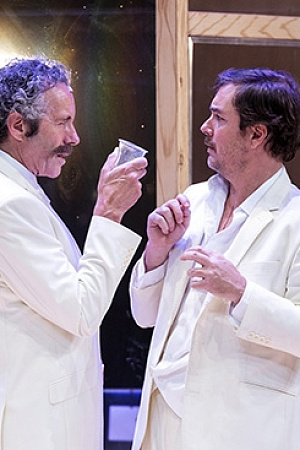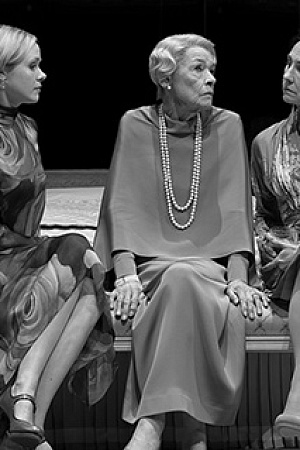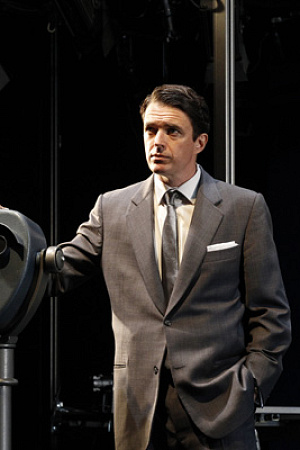Charlotte Guest reviews 'Extinction' (Black Swan State Theatre Company)
As I took my seat at the Heath Ledger Theatre in Perth for the Australian première of Hannie Rayson’s latest play, Extinction, I was struck by a sense of irony. Here we are, ready to feel enraged, ashamed, and then empowered about climate change and species loss by the production of a theatre company named after a threatened species (the black swan) whose principal sponsor is one of the biggest mining companies in the world. This is not a criticism, simply an observation about the economy of doing good. As Peter Singer would say, what’s the most good you can do with your resources? Spend $40,000 dollars on a dog for the blind, or spend the same amount on curing thousands of partially blind people in a developing country? The source of the money, and indeed the very practice of economic rationalism, is murky territory for idealists. The controversial sponsorship of the upcoming Paris climate change talks by fossil fuel companies is a case in point.
Continue reading for only $10 per month. Subscribe and gain full access to Australian Book Review. Already a subscriber? Sign in. If you need assistance, feel free to contact us.










Leave a comment
If you are an ABR subscriber, you will need to sign in to post a comment.
If you have forgotten your sign in details, or if you receive an error message when trying to submit your comment, please email your comment (and the name of the article to which it relates) to ABR Comments. We will review your comment and, subject to approval, we will post it under your name.
Please note that all comments must be approved by ABR and comply with our Terms & Conditions.